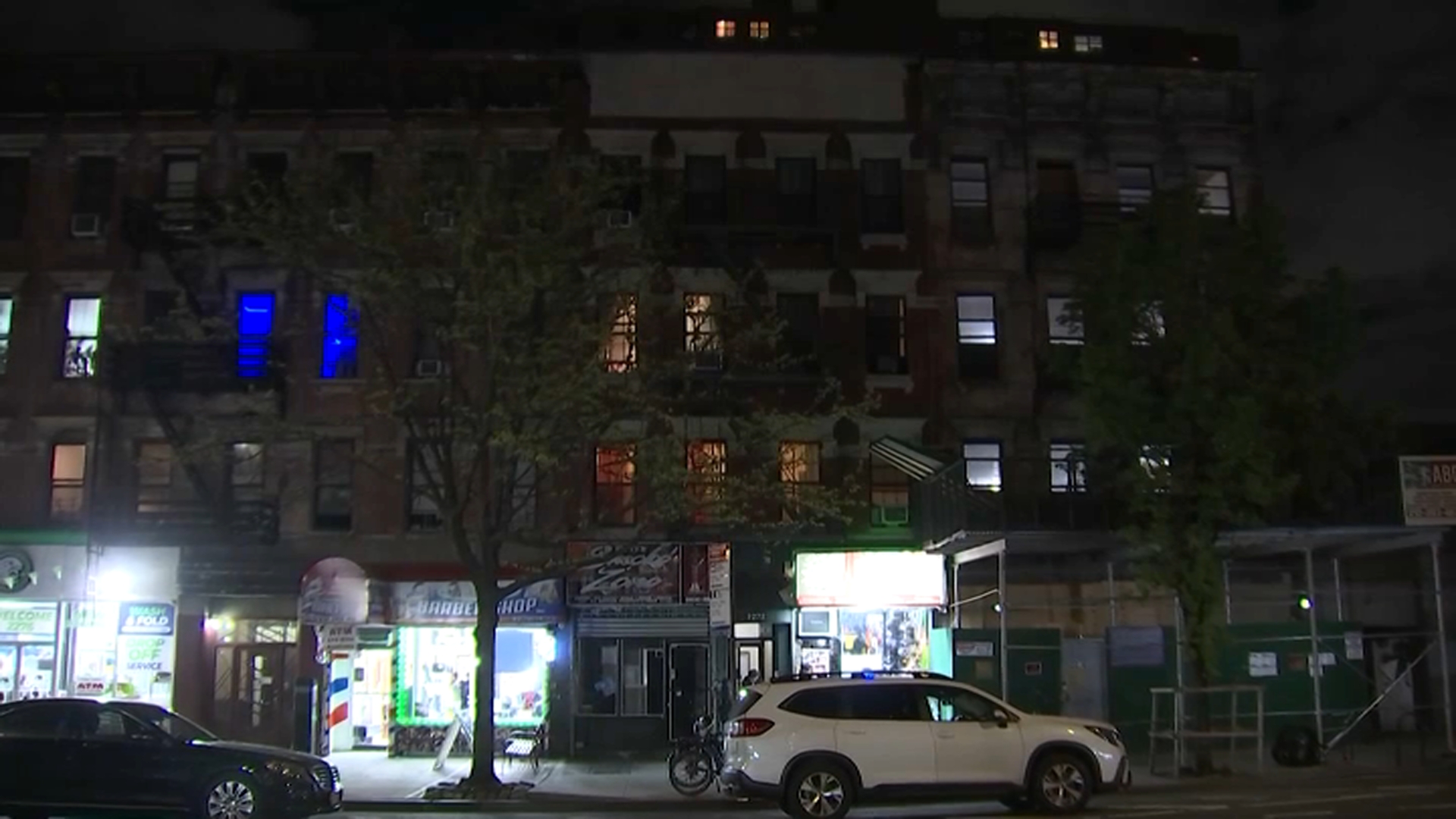An investigation by The New York Times found the presence of bacteria, including E. coli and coliform, in water towers at buildings in Manhattan, Brooklyn and Queens, and the paper says many of the thousands of tanks throughout the city that serve millions of New Yorkers haven't been properly inspected in years.
The Times took samples from water towers at 12 buildings in those three boroughs and found E. coli, which is carried in the feces of birds and mammals, in five of them. Federal regulations require a boil-water advisory be issued when E. coli is found in drinking water.
The paper found coliform, a bacteria that isn't harmful itself but can signify an environment conducive to the growth of harmful bacteria, in the same five tanks where the E. coli was detected, as well as three other tanks where E. coli was absent.
The Times took samples from water towers at 12 buildings in those three boroughs and found E. coli, which is carried in the feces of birds and mammals, in five of them. Federal regulations require a boil-water advisory be issued when E. coli is found in drinking water.
The paper found coliform, a bacteria that isn't harmful itself but can signify an environment conducive to the growth of harmful bacteria, in the same five tanks where the E. coli was detected, as well as three other tanks where E. coli was absent.
The Times says all of the positive findings came from samples from the tank bottoms, underneath the pipe that supplies the buildings' taps, but since water circulates in the tanks, public health experts said the presence of the bacteria is still cause for concern.
The city told the paper that its tanks -- the more than 10,000 of them currently in use -- are all safe and that health inspection standards are up to par. Though dozens of New Yorkers have called 311 each year to complain they've gotten sick from drinking tap water, the city says none of the illnesses have been traced back to the tanks, according to the Times.
Stephen Edberg, a Yale University public health microbiologist who emailed the city's Department of Health and Mental Hygiene when he learned of the Times' sampling results, said the city's population is so dense that it would be extraordinarily difficult to trace water-related sicknesses back to a particular tank.
Local
"You'd literally have to have entire apartment buildings getting sick at the same time," he told the Times.
In his email to the Department of Health and Mental Hygiene, Edberg wrote, "Fecal contamination means that the towers are subject to animal intrusion, almost certainly birds and potentially animals such as squirrels. Clearly, these units are not sealed to the outside."
According to the Times, building owners are largely responsible for ensuring their water tanks do not get contaminated, and that they meet standards required by the city's building and health codes. But nearly 60 percent of building owners don't comply, city surveys show, and the city hasn't done much to enforce the laws governing the management of water tanks, according to the Times.
The city told the Times it would continue to conduct its annual surveys, but didn't plan to expand the laws.
“The department continues to monitor compliance with the regulation and improve compliance by consulting with building owners regarding the requirements, through Realtor associations and building management companies,” the Department of Health and Mental Hygiene said in a statement.



